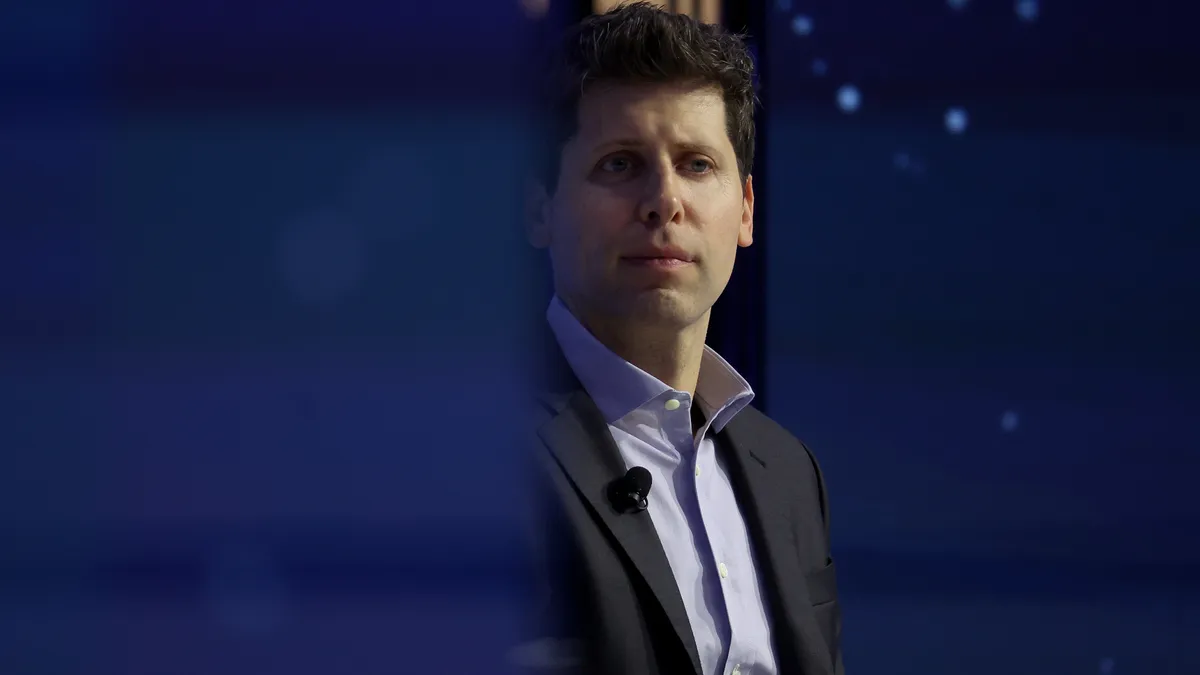Generative AI giant OpenAI made employees sign non-disclosure agreements that violate whistleblower protections in the Dodd-Frank Act and the Securities and Exchange Commission has been informed of this, attorneys who say they represent whistleblowers at the company contend in a letter to SEC Chair Gary Gensler.
“The SEC’s Whistleblower Office was provided with significant documentation demonstrating that OpenAI’s prior NDAs violated the law by requiring its employees to sign illegally restrictive contracts to obtain employment, severance payments, and other financial consideration,” the attorneys say in the letter, which the Washington Post has made available.
In a statement to the Post, Hannah Wong, a spokesperson for OpenAI, said, “Our whistleblower policy protects employees’ rights to make protected disclosures. Additionally, we believe rigorous debate about this technology is essential and have already made important changes to our departure process to remove nondisparagement terms.” OpenAI is led by CEO Sam Altman, pictured above.
Statutory protections
Under Dodd-Frank, it’s illegal for employers to prohibit or discourage employees or other insiders like shareholders from going to regulators with information on company activities they believe to be violating the law.
In their letter, the attorneys say the potential harms of AI are an appropriate matter for whistleblowers to come forward about, because President Biden in an executive order last year directed federal agencies to ensure the technology develops with safeguards in place.
“Every agency of the federal government is responsible for ‘mitigating’ the ‘substantial risks’ posed by AI,” say the attorneys, paraphrasing from the executive order. “The Executive Order … concludes that ensuring the safe development of AI technology ‘demands a society-wide effort that includes government, the private sector, academia, and civil society.’”
In a statement to Legal Dive, an attorney for one or more of the whistleblowers said his firm was contacted by a whistleblower and, after reviewing the NDAs, determined they were clear violations of Dodd-Frank, and potentially of federal obstruction laws.
”We filed a formal compliant [and] a follow up letter to the chairman of the SEC,” Stephen Kohn of Kohn, Kohn & Colapinto said in the statement. “The ability of employees working in artificial intelligence to freely report concerns regarding AI must be quickly vindicated.”
Redress needed
Even if OpenAI’s latest NDAs are compliant, the appropriate action of the agency is to require the company to reach out to current and former insiders who signed the old version of the agreements and notify them of their right to come forward and to make any necessary redress of harms to them, like the withholding of severance pay.
“It is imperative that the Commission ensure that all prior improper NDAs be cured,” the letter says.
Based on its enforcement efforts so far, the SEC has made it clear there can be violations of whistleblower protections even if an employer never takes action against someone; it’s enough that the agreement prohibits or otherwise discourages people from contacting regulators.
Among cases from last year, the SEC fined Monolith Resources $225,000 for prohibiting employees in their separation agreements from collecting money for whistleblowing, and in another, it fined D.E. Shaw $10 million for prohibiting employees from disclosing confidential information to third parties with no exception for SEC whistleblowers.
In their letter, the attorneys say they’ve provided the SEC with documented evidence that OpenAI has used NDAs that, among other things, have non-disparagement clauses that don’t include a carveout for people to go to regulators, and that require employees to get prior consent before disclosing confidential information to the government. The NDAs also keep employees from accepting a whistleblower award.
“Given the well-documented potential risks posed by the irresponsible deployment of AI, we urge the Commissioners to immediately approve an investigation into OpenAI’s prior NDAs, and to review current efforts apparently being undertaken by the company to ensure full compliance with” its whistleblower rules, the letter says.
In an email to Legal Dive, SEC spokesperson David Ausiello said the agency doesn’t comment on the existence or nonexistence of a possible whistleblower submission.











